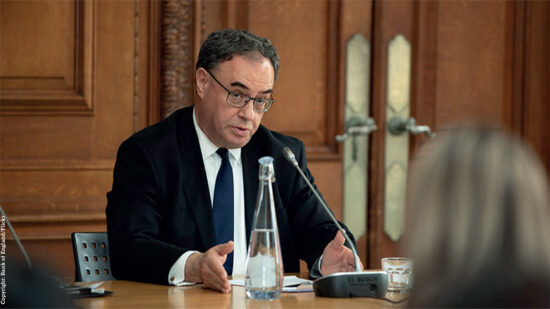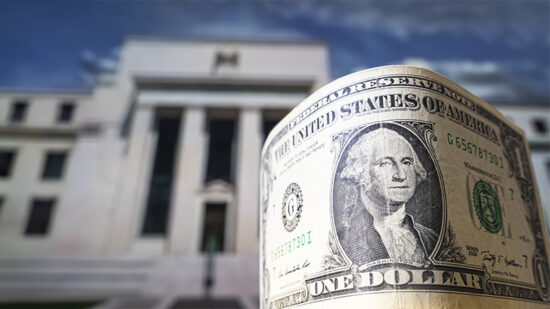The Consumer Duty fair value exercise has caused 37% of advisers to switch their fee structures, according to research by Royal London and the lang cat.
Currently, only 3% of companies are still in noncompliance and need to make required changes and only 21% reported that the transition was difficult and required “a lot of work” to comply.
About two-thirds of respondents have found Consumer Duty changes to be a worthwhile adjustment however when asked if adviser firms had mentioned Consumer Duty updates to clients, only 20% had sent out a notice.
Another 41% discussed changes when prompted by clients but the remaining 39% had not announced the changes.
To read more on this topic, visit: St James’s Place to overhaul charging structures amid ‘robust’ quarterly results
Jamie Jenkins, director of policy at Royal London, said “The Consumer Duty has prompted a great deal of activity from all areas of the financial services industry and, while this may have initially seemed onerous, it’s clear that it is making a difference to how firms operate in the interests of clients and customers.
“Financial advisers are closer to their clients than anyone else in the value chain, so they are very well placed to understand the changes needed to deliver good outcomes.”
Mike Barrett, consulting director at the lang cat, added: “If you believed the noise, you might conclude that advisers believe Consumer Duty is a waste of time. Reassuringly, our research shows a more positive sentiment, which, I think, reflects the advice sector’s transformation from an industry into a profession.
“Yes, there has been work to do to facilitate this transformation, however the intentions for Consumer Duty are hard to argue against. If the regulator can evidence proactive supervision, driving change and taking enforcement action where necessary, as well as helping advice firms understand best practice, we believe this positive sentiment can improve further.”








